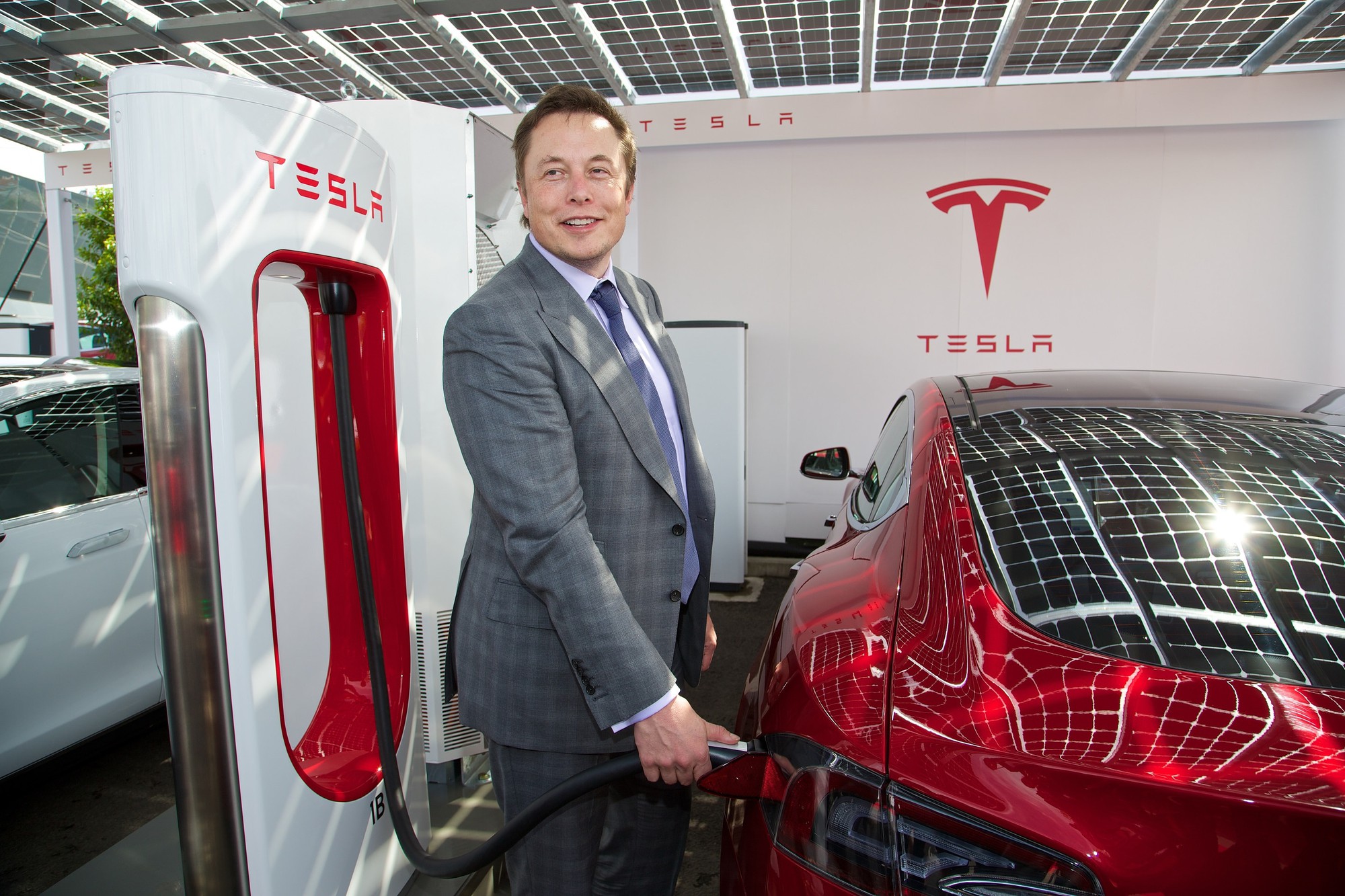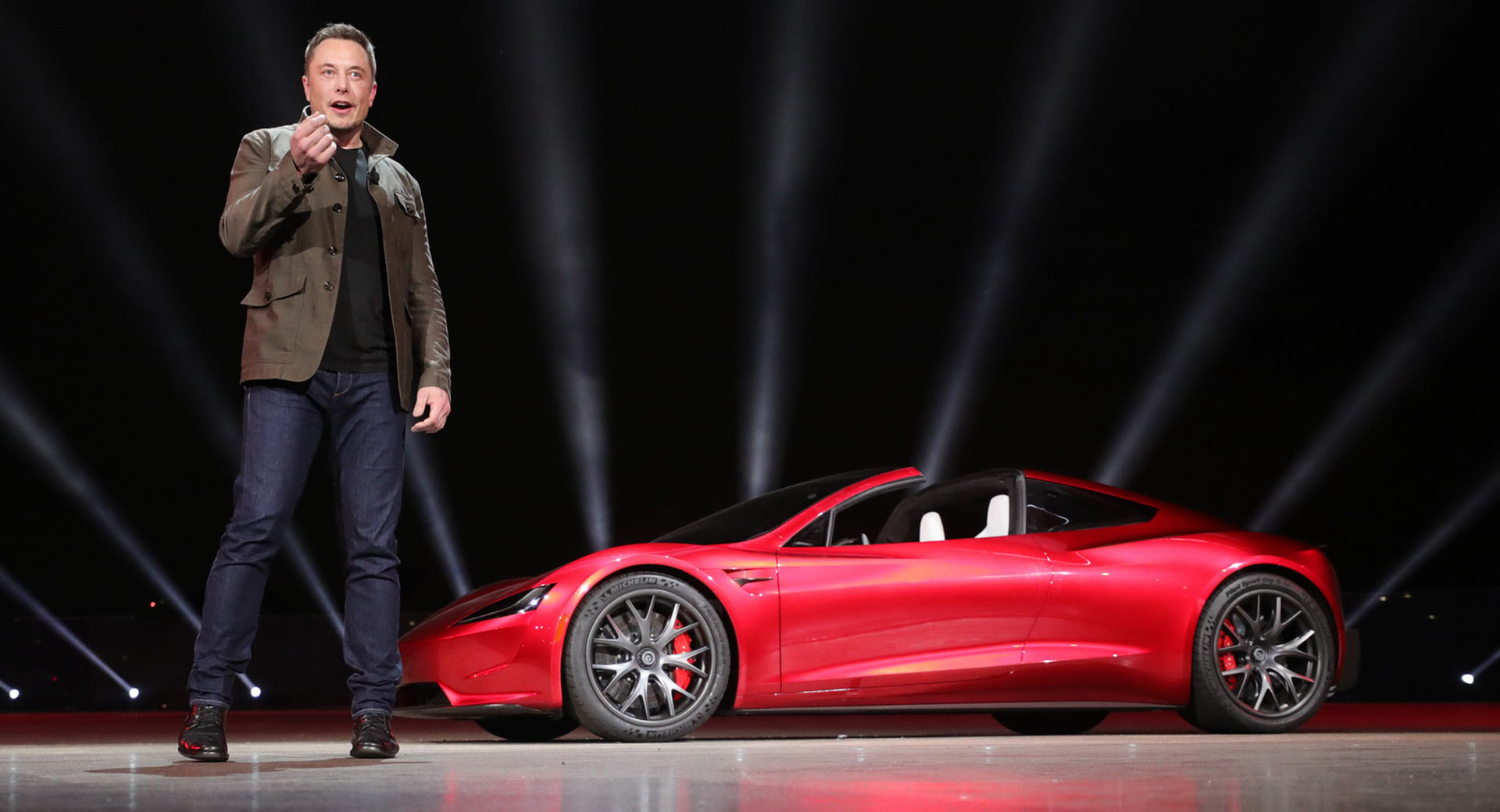SH0CKING REVEAL: $981,000,000 GONE. Tesla’s profits plunged 71% year-over-year, forcing Elon Musk to leave his government dreams behind and race home to rescue his collapsing company ![]()
![]()
![]()
In a dramatic pivot that signals rising panic at the top of the electric vehicle empire, Elon Musk has announced an abrupt shift of his personal focus away from Washington’s Department of Government Efficiency (DOGE) and back to Tesla, the company he once hailed as his life’s mission. The announcement comes on the heels of a devastating financial disclosure: Tesla has reported a staggering 71% collapse in quarterly profits, from $1.39 billion in the first quarter of 2024 to just $409 million in Q1 2025.A drop so steep, it not only stunned Wall Street but also forced Musk to publicly acknowledge that Tesla is “in trouble.”
On a tense earnings call Tuesday, Musk admitted: “Now that the major work of establishing DOGE is done, I’ll be allocating far more of my time to Tesla starting in May.” He emphasized that he expects to spend “just a day or two per week on government matters” moving forward. The implicit message was clear: Tesla needs saving, and Musk is back at the helm.Tesla’s Q1 earnings showed a drop in revenue from $21.3 billion to $19.3 billion, and shares had plunged over 40% year-to-date. Even though they saw a brief rebound of 5% in after-hours trading, analysts like Wedbush Securities’ Dan Ives quickly pointed out that “Investors wanted to see him recommit to Tesla.This is a big step in the right direction.” But behind the cautious optimism is a storm of structural issues, fierce market competition, and regulatory headwinds that threaten to derail Musk’s plan to rebound.Tesla is battling serious headwinds both at home and abroad. In the U.S., the company’s high-profile Autopilot and Full Self-Driving (FSD) features are under federal investigation following multiple accidents and safety concerns. The National Highway Traffic Safety Administration (NHTSA) is currently probing whether the systems provide adequate alerts to drivers when attention lapses. Critics, including automotive analyst Sam Abuelsamid, remain skeptical.


